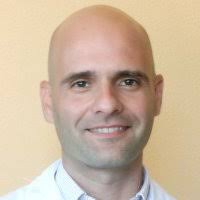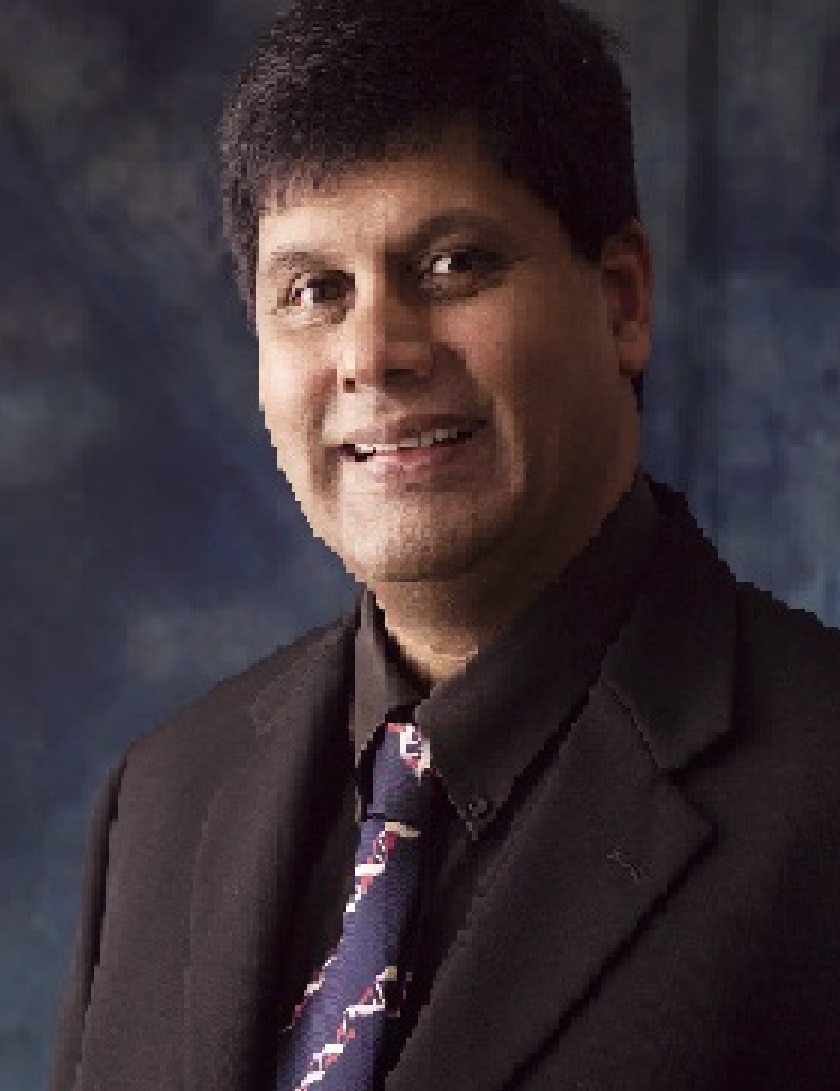 Journal of Alzheimer’s & Parkinson’s Diseases
Journal of Alzheimer’s & Parkinson’s Diseases
 Dr. Sánchez-Juan
Dr. Sánchez-Juan
scientific director
Director, University of Kansas Alzheimer's Disease Center
 Gina Green- Harris
Gina Green- Harris
Director, Wisconsin Alzheimer’s Institute
 Ralph Martins
Ralph Martins
Professor
 Dr. David Roalf
Dr. David Roalf
Research Assistant Professor
 Robert A. Rissman
Robert A. Rissman
Associate Professor
 Roberto Monastero
Roberto Monastero
Associate Professor
Our articles most useful